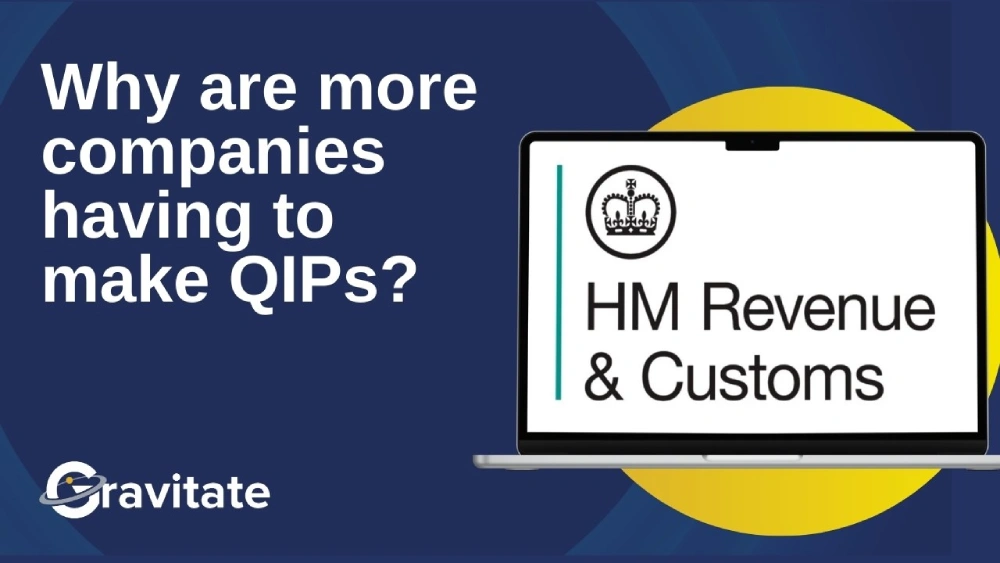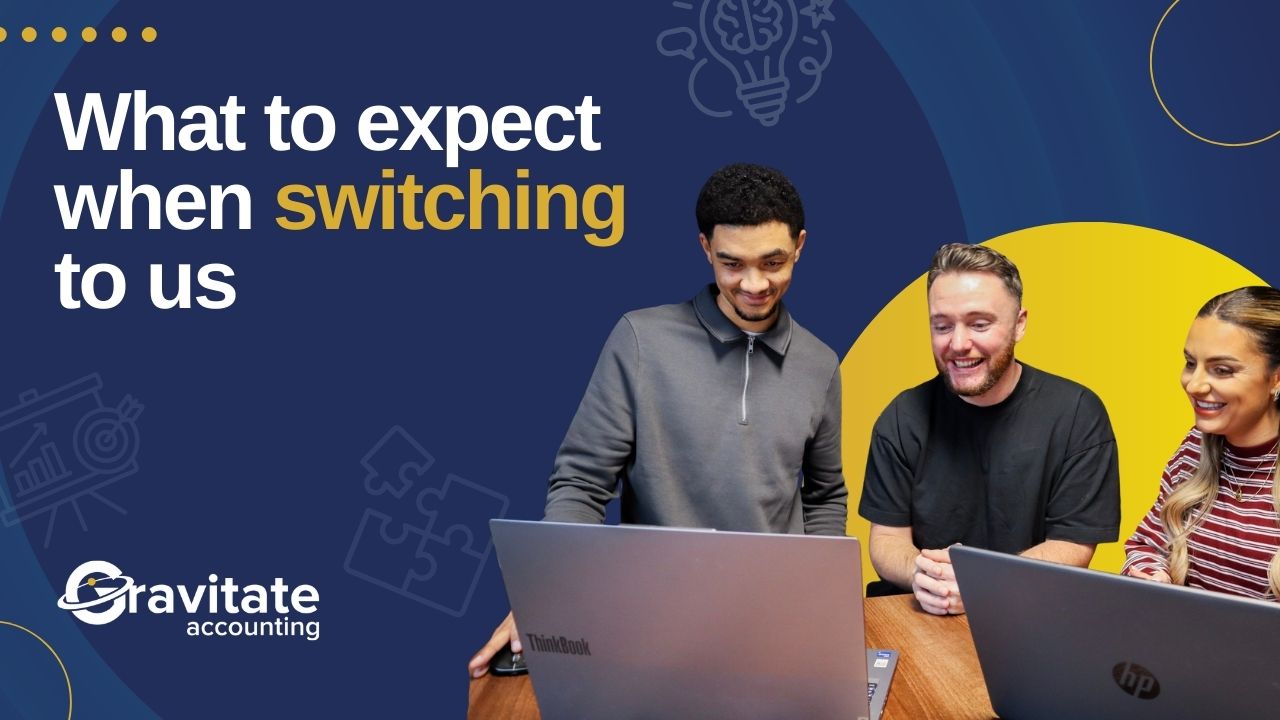If you are a self-assessment taxpayer, you will already be aware of how potentially complicated your returns can be. This is especially the case if you have multiple sources of income, along with various deductions and allowances.
This blog is your self-assessment cheat-sheet, featuring a list of all the information that could be included in a UK Self-Assessment Tax Return (SATR).
We encourage all self-assessment taxpayers to review this checklist to make sure they get their taxes right.
Your income sources
Employment Income
- P60 (End of Year Certificate)
- P45 (if you left a job during the tax year)
- P11D (for Benefits in Kind, e.g. company cars and medical insurance)
- Employment expenses that were not reimbursed
- Employment Share Schemes (such as SAYE, EMI, RSUs)
Self Employed Income
- Total income earned
- Business expenses
- Any government grants received
- Capital Allowances (for business equipment purchases)
Rental Income (both UK and Overseas)
- Rental income from properties: You will need to confirm the number of rental properties that you own and provide details of their addresses
- Expenses related to rental properties: Such as mortgage interest and repairs. You must specify the portion of any mortgage payments are interest and which are capital repayments.
- Any rental property tax relief claims
- Rent-a-Room: Do you rent a room out of your personal residence to a lodger? If so, you may qualify for Rent-A-Room relief.
If you have already submitted a residential property capital gains return to HMRC in the above tax year, you will need to provide your accountant with reports from your government gateway.
Dividend Income
- Dividends received from a stand-alone shareholding you have
- Dividends received from UK or overseas companies from an investment portfolio
Investment Income
- Interest from bank accounts, bonds, or loans. You will need to provide interest certificates from all interest receivable sources with details of any tax deducted. This includes overseas bank interest.
- Income from investment trusts and shares
- Gains from Stock Market Trading (if applicable)
Foreign Income
- Earnings from overseas employment
- Foreign rental income
- Overseas pensions or investment returns
Pensions & State Benefits
- State pension (P60U)
- Private pension income
- Child Benefit: You must confirm the amount received and confirmation if your spouse/partner earns a higher income than yourself
- Other state benefits (Jobseeker’s Allowance, Universal Credit, etc.)
Capital Gains
- Sale of property, shares, or other assets
- Purchase and sale dates, along with values
- Crypto assets/Bitcoin Income (trading gains, staking rewards)
Other Income
- Trust or estate income
- Income from crowdfunding, royalties, or online sales
- Compensation payments received
- Freelance/Gig Economy Income (e.g. Uber, Airbnb)
- Profits exceeding £1,000 relating to side hustle income (e.g. eBay, Vinted)
- Partnership Income (if we don’t act for the partnership)
- Insurance Payouts (if taxable)
- Inheritance Income (if taxable distributions from an estate)
Deductions and allowances
- Personal Pension Contributions - You will need to confirm pension contributions made during the year
- Charitable Donations - You must also provide confirmation of Gift Aid donations to registered charities
- Allowable Work Expenses – You may be able to offset certain expenses:
- Mileage and Travel Expenses (for self-employed individuals)
- Home Office Expenses (If working from home and eligible)
- Professional Subscriptions (Linked to the line of work you complete)
- Uniform, work clothing and Tools
- Travel and Overnight Expenses
- Student Loan Outstanding -You will need to confirm the outstanding balance and either the Student Loan plan or the years you attended University
- Marriage Allowance - If you are married and your spouse / partner earns below the personal allowance of £12,570 you may be able to benefit from transferring a proportion of the allowance
- Details of any investments made into Enterprise Investment Scheme (EIS), Seed Enterprise Investment Scheme (SEIS) or Venture Capital Trusts (VCT)
- Childcare Costs (if applicable for tax credits/reliefs)
- Medical or Disability Expenses (if applicable for tax relief)
- Loss Relief (for self-employed individuals reporting a loss)
- Loan Interest Relief (for example, buy-to-let properties before the full restriction to basic rate relief)
- Gifts of investments / assets during the year (you will need to provide information of any gifts made)
Other considerations
- Changes in personal circumstances (e.g. marriage, divorce, new child)
- Carry-forward of unused tax allowances (e.g. pension contributions, capital losses)
If you think you may have overpaid tax due to income in excess of £100k, or your payments on account were disproportionate to the level of income you have had in the above tax year, you should contact your accountant for support. They may be able to get the refund paid directly into your bank account.
If you have any income or expenses that fall into these categories and have not yet been provided to us, you should make sure these details are sent to your accountant as soon as possible.
If you require any assistance with anything mentioned in this blog, or your self-assessment tax return generally, please contact our team and we will be happy to help.

.png)


.png)

.png)
.png)

.png)
.png)
.png)













.png)
.png)
.png)

.png)
.png)

.png)

.jpeg)




.webp)
.webp)









.jpg)

.webp)
.png)

.svg)
